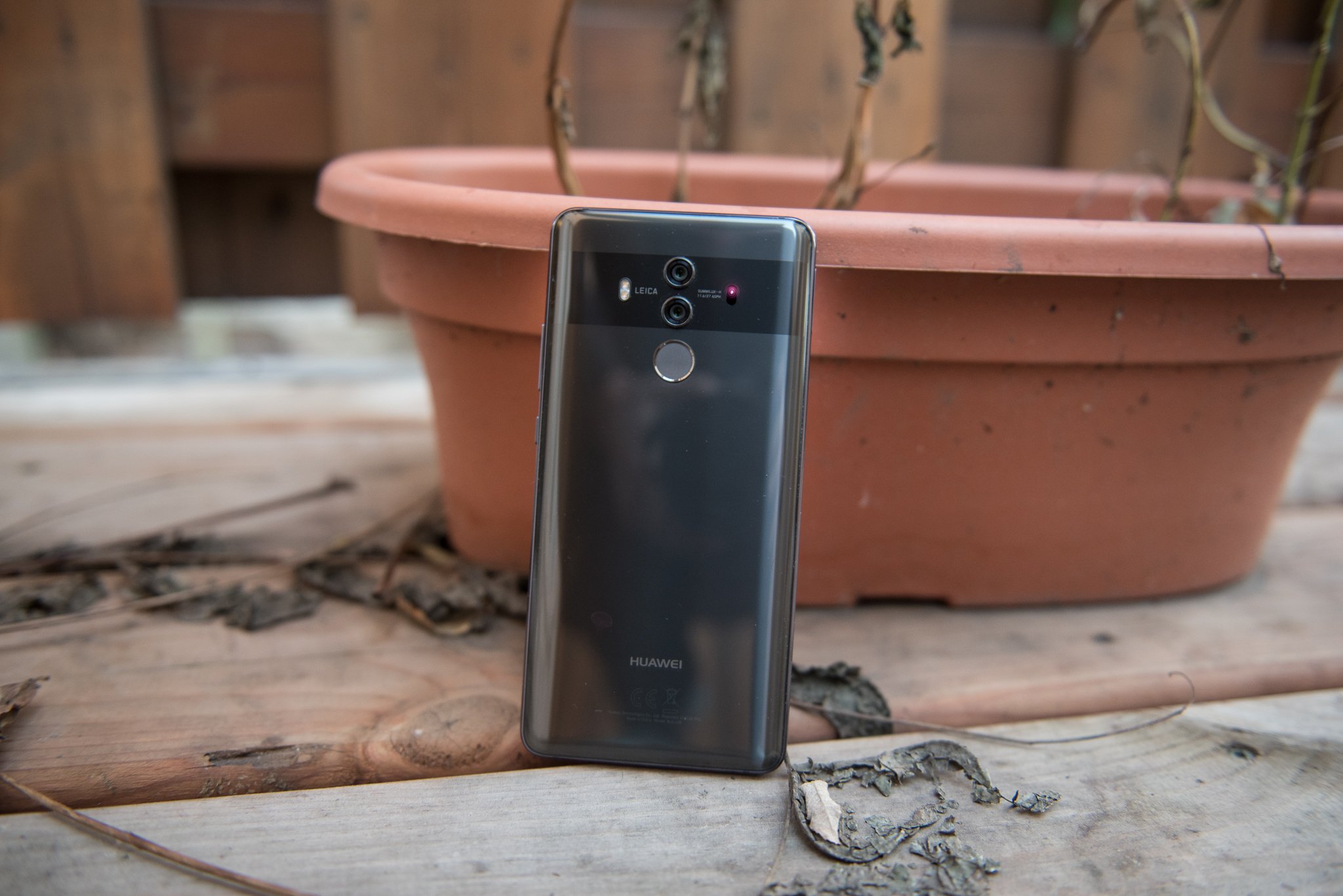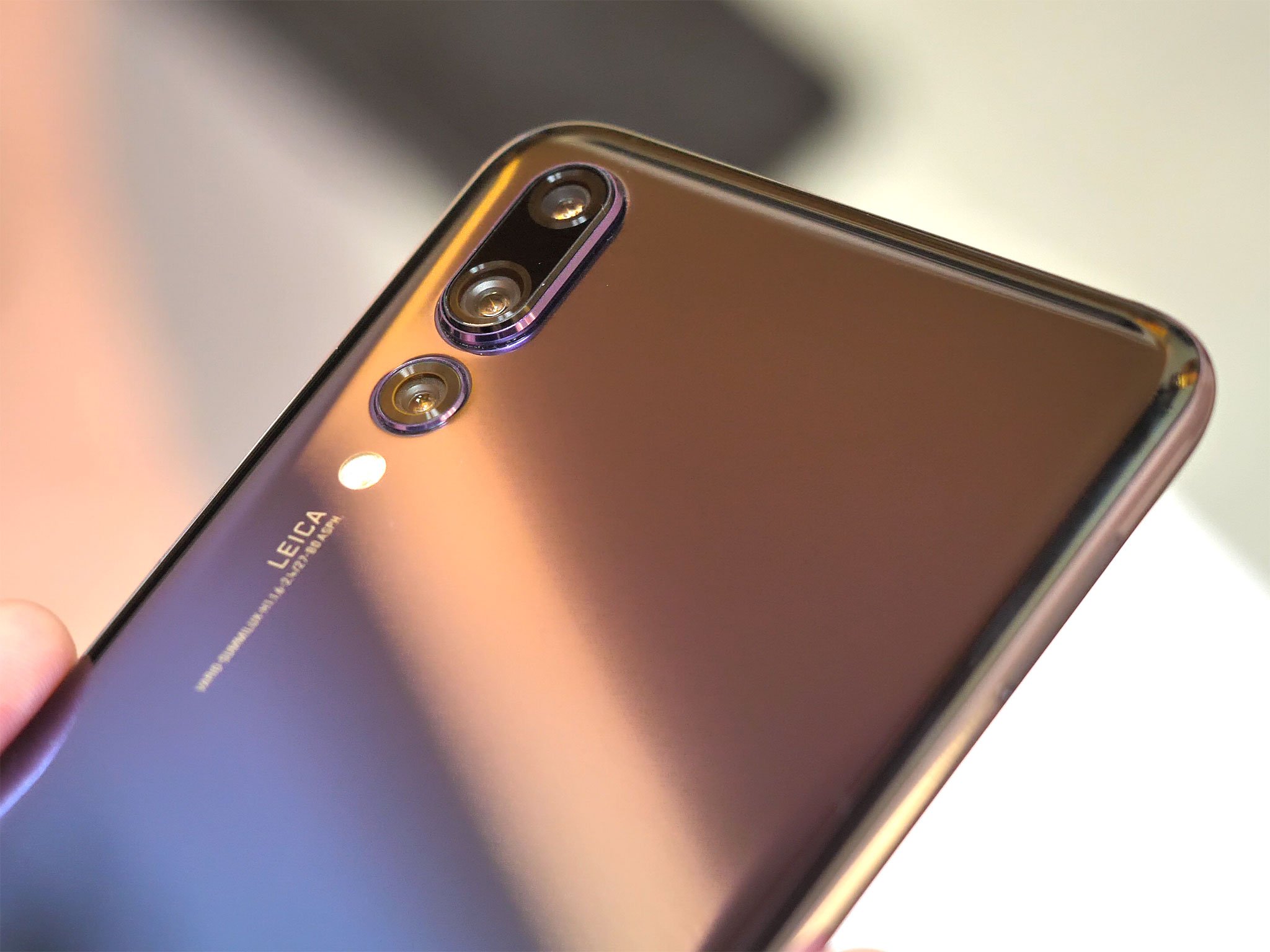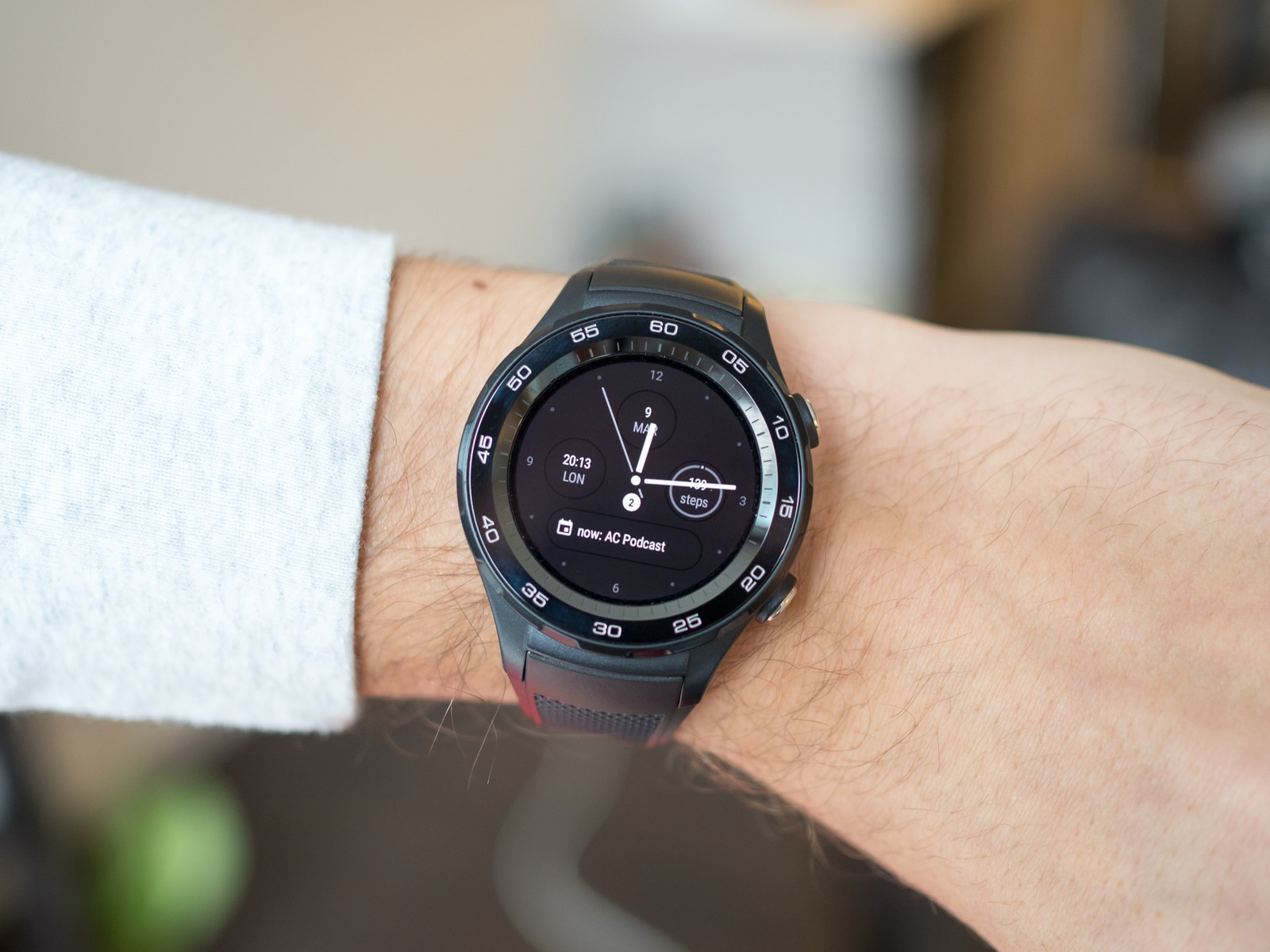Some companies make phones but some companies make the parts used to make them, too.
Huawei's big plans to make a breakthrough into the U.S. smartphone market have been crushed. There's no gentle way to say that, so I'll just say it.
As CES 2018 was drawing to a close, AT&T and Verizon, which were both all but confirmed to be "official" carriers of the Mate 10 Pro, both announced that they wouldn't be selling any Huawei phones after pressure from the U.S. government because Huawei phones being used in the states would pose a security risk.
The government really doesn't want us using Huawei products.
This pressure became official soon after as a bill was sent to Congress that would ban any government business from being done on a network that used Huawei (or ZTE) networking equipment. In the same week, we learned that government officials were urging AT&T to stop doing business with Huawei altogether and to stop working on a 5G network with the Chinese company. Once again, national security concerns were stated as the reason behind the request.
We're not done. In February 2018, right as the Mate 10 Pro was set to go up for sale in North America, heads of U.S. intelligence agencies came forward and urged Americans to not buy Huawei phones. FBI Director Christopher Wray explains the reasoning:
We're deeply concerned about the risks of allowing any company or entity that is beholden to foreign governments that don't share our values to gain positions of power inside our telecommunications networks.
Most recently we found out the Best Buy, One of Huawei's biggest U.S. retail outlets for unlocked phones, was going to stop selling all Huawei products. This includes phones, laptops, tablets, smartwatches, and routers.
But why just Huawei? If there are concerns with electronics made in China when it comes to security and privacy, why not OnePlus or Lenovo or simply all Chinese companies?
I took the time to individualize and link each time Huawei faced a roadblock when it comes to U.S. sales so it could be more obvious that the government really doesn't want us to buy Huawei products. Another thing about the paragraphs above is that they also cover the times intelligence or other government officials warned against other Chinese electronic products, with a lone mention of ZTE commerical networking equipment. It appears that Huawei is being singled out, so there has to be a reason.
Checking that processors and chipsets aren't ready to spy on us is difficult.
There happens to be several reasons, and they aren't about the end produts themselves as much as the technology inside them, much of which is done in-house at Huawei. Simply put, there are fears that Huawei is controlled by the government of China and U.S. officials don't trust the chipsets and low-level firmware that Huawei makes themselves. This is why they don't want Americans buying or using them.
Making your own processors then arranging them in a mobile chipset is a rarity. Apple does this, as does Samsung (which also makes components to sell to other manufacturers). But any other instances are few and far between back to the time when Motorola flip phones ruled the market. It also takes more than just silicon and copper as there is a lot of machine-level software and firmware involved so processors can talk to things like modems or graphics adapters. You'll find a Huawei-made chip inside all the company's high-end phones as well as the network routers and switches and transfer equipment Huawei builds for companies like AT&T to run their cellular network. In plain language, Huawei makes the parts inside the phones and other gear an it's almost impossible to independently review that they are doing what Huawei claims. The U.S. government is afraid that these components can be instructed to eavesdrop on our digital communications and send it all back to the Chinese government.
I'm not going to attempt to assess these claims; that's for three-letter government agencies to do and they say we shouldn't be using Huawei gear. It is their job to look for, then look at, potential ways the country could be put at risk. My personal opinion is that this is a wise choice for networking equipment (especially when used for government communications) but looks a bit hollow when it comes to the company's phones because of how updates are routed through the internet to our Android products. You should evaluate these claims yourself and not allow me or anyone else to make the decision for you, though.
Huawei is working the 3GPP to build the next generation 5G network standards and the equipment that's going to use them.
Another reason is a bit less technology related and leans towards the economic side. Huawei is the largest provider of commercial networking equipment (products that carriers and internet providers use) in the world and they are actively involved with the creation of 5G standards and network design. Other Chinese companies that make networking products don't make their own components and rely largely on companies like Marvell or Broadcom (yes, that Broadcom) when it comes to the individual parts inside. Huawei is also making big strides in Artificial Intelligence, both at the consumer facing and backend tech that makes it work. This means technology issues aren't the only concern and the U.S. does not want a company they assume is conencted to the Chinese governemnt to be the front runner in the next generation of communications.
These claims may be valid, they may not be. What's important is that you know why they are being made.
Again, I can't remark on the validity of these claims other than saying the people who are in the position to make them think we shouldn't use Huawei products. With a phone or watch or router from another company, the "brains" aren't made by potential Chinese government agents, which is what the U.S. intelligence service is implying. If this is true and we could be plauged with sophisticated spyware they are only doing their job; every risk, no matter how small, needs to be assessed. The fact that other countries don't have these concerns could mean China is targeting the U.S. only, or that the tech involved is so advanced other countries aren't seeing the same thing, or that the CIA, FBI, and NSA are just wrong. Any or al of these outcomes are possible.
Huawei insists that these claims are false and that their products have the highest standards when it comes to security and privacy. That's to be expected, and could very well be the truth. We're not here to refute or affirm any of these claims, but I feel it is important that everyone knows why Huawei is being singled out in the sea of Chinese electronics manufacturers. When it comes to functionality, features, and value we can assess Huawei products and we all appreciate how good they are.



Tidak ada komentar:
Posting Komentar